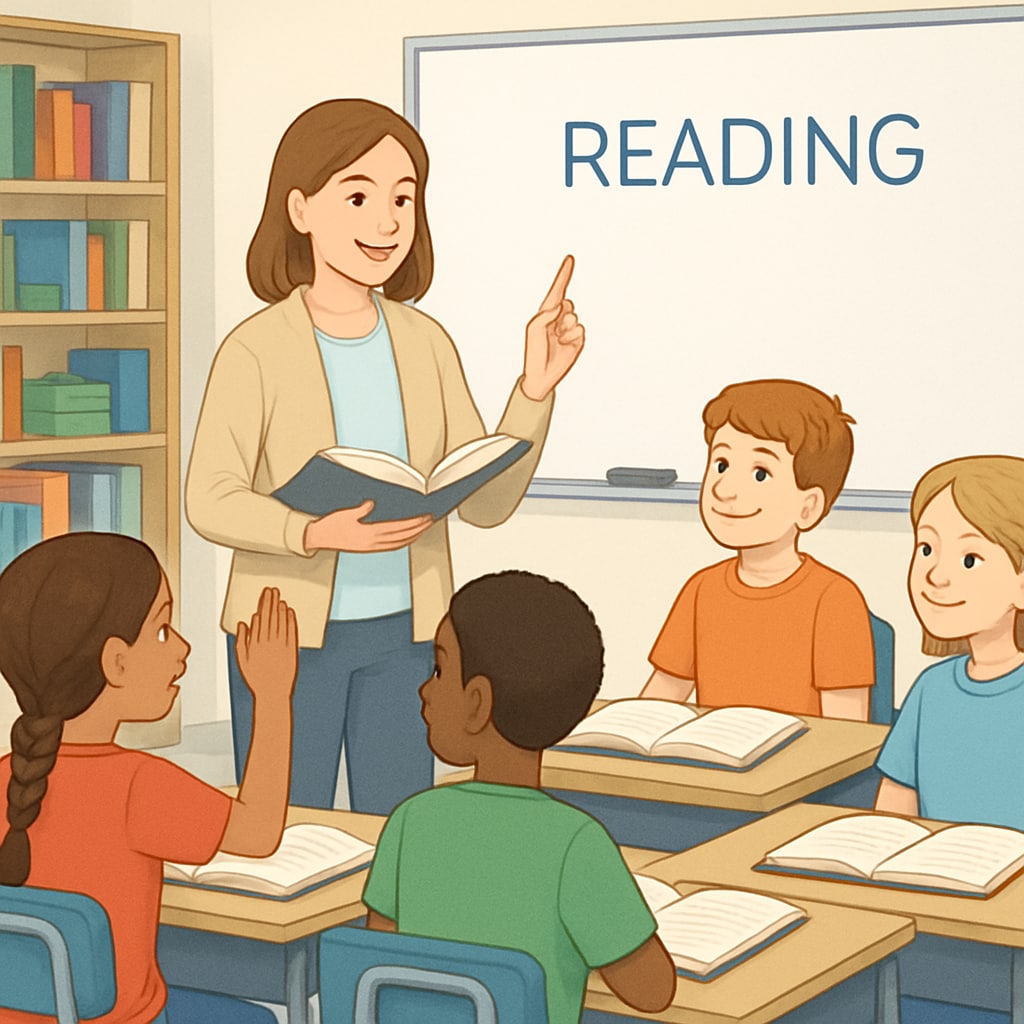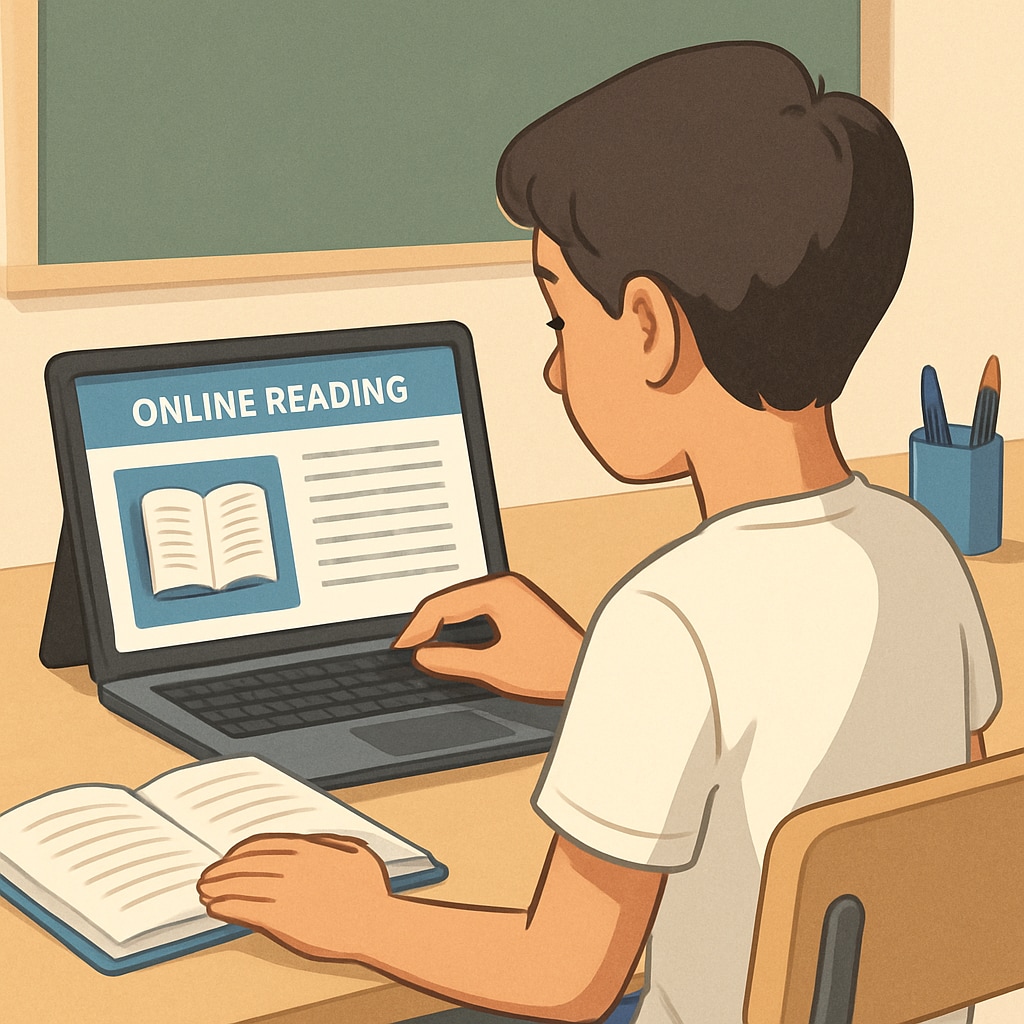The A.R. points system has long been a popular method for assessing reading comprehension in schools, but many educators and parents are now seeking free alternatives that foster reading interest while still providing effective evaluation. For fourth graders, this balance is especially important as their reading skills and love for literature are rapidly developing. Fortunately, there are numerous free resources and tools available to help students achieve these goals without relying solely on the traditional A.R. system.
Why Move Beyond the A.R. Points System?
The A.R. (Accelerated Reader) points system categorizes books by difficulty and assigns point values based on quizzes taken after reading. While effective in measuring comprehension, it can sometimes focus too heavily on competition and point accumulation rather than cultivating a genuine love for reading. For example, students may prioritize earning points over selecting books they truly enjoy. As a result, educators are exploring alternatives that combine comprehension assessment with activities that spark curiosity and enthusiasm for stories.

Free Reading Comprehension Tools to Try
For teachers and parents aiming to replace or supplement the A.R. points system, these free tools offer engaging ways to assess comprehension and encourage reading interest:
- ReadTheory: A free platform offering personalized reading comprehension exercises for students of all levels. ReadTheory adapts to each student’s ability, providing quizzes and feedback that help track progress. Learn more about ReadTheory.
- CommonLit: CommonLit provides free access to a diverse library of texts, along with comprehension questions and discussion prompts. Teachers can assign readings and monitor progress through built-in analytics. Discover CommonLit resources.
- Storyline Online: This platform features free video readings of popular children’s books, performed by actors. It’s an enjoyable way for students to engage with stories while building listening and comprehension skills. Explore Storyline Online.
- Newsela: A free tool that combines current events articles with adjustable reading levels, allowing students to connect real-world topics with their reading practice. Teachers can assign articles based on comprehension levels and interests.

Encouraging Reading Interest While Assessing Skills
To strike the right balance between skill development and enthusiasm, educators can integrate these tools into broader strategies that encourage exploration and creativity in reading. For example:
- Book Clubs: Organize small reading groups where students discuss books and share their thoughts. This creates a social and collaborative learning environment.
- Creative Projects: Have students create artwork, write alternative endings, or perform skits based on their readings. These activities deepen comprehension and make literature more interactive.
- Personalized Reading Goals: Instead of focusing on points, set individual goals that align with each student’s interests, such as finishing a series or exploring a new genre.
By combining free tools with engaging activities, teachers and parents can create a holistic approach to reading that nurtures both skills and passion.
Conclusion: A Balanced Approach to Reading Assessment
Although the A.R. points system has its merits, free alternatives like ReadTheory, CommonLit, and others provide opportunities to assess reading comprehension while fostering genuine interest in literature. For fourth graders, this approach is particularly impactful, as it helps them build a lifelong love for reading while developing critical skills. By embracing these tools and methods, educators and parents can transform reading from a task into an adventure.
For more information on reading strategies and resources, explore widely trusted educational platforms like Britannica’s education section.
Readability guidance: Use short paragraphs and lists to summarize key points. Ensure transitions (e.g., however, for example, as a result) are distributed throughout for smooth flow. Avoid overly technical language and long sentences for accessibility.


